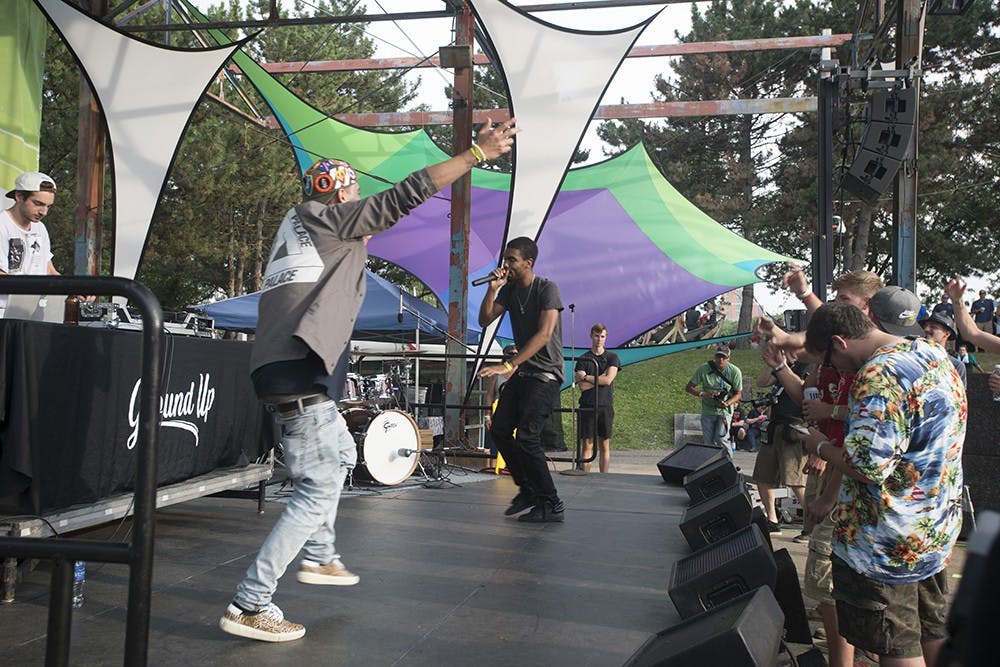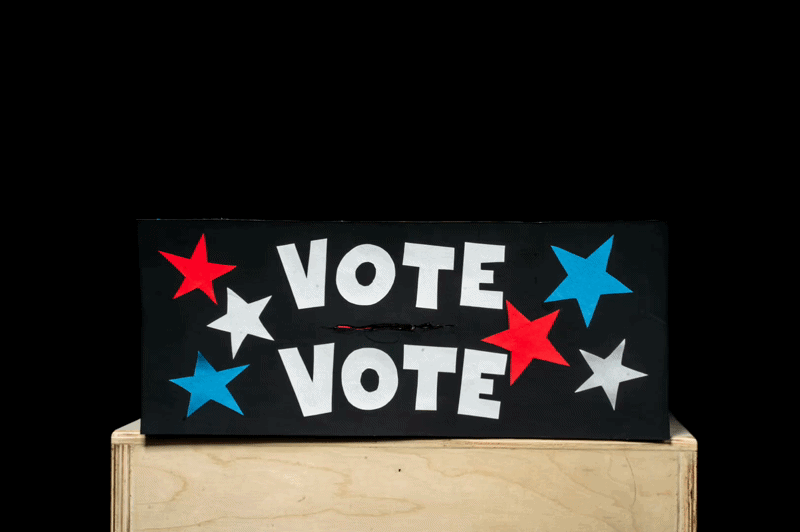On August 11th, 1973, DJ Kool Herc played his sister’s house party in the Bronx, marking the beginning of the hip-hop genre. Now, 50 years later, the semi-centennial anniversary of hip-hop is being celebrated globally.
Professor in the MSU Department of English and Department of Teacher Studies Dr. Emery Petchauer said that the genre began when DJ Kool Herc changed the style of his performing to surround the ‘breaking’ of the record during his performance.
‘Breaking’ is accomplished by dropping all of the instruments from the track at once, leaving “just the stone-cold groove of the record,” Petchauer said. “The reason why he decided to just focus on this part of the record is because he noticed that at these parties, a lot of people would wait for this breakdown part of the record to actually do special dances, like break dancing.”
Over time, DJs evolved this method to “take two copies of the same record, and play and extend that birth portion back to back to back,” he said.
This allowed MCs to rap over the record for long periods of time at live Hip-Hop performances. Petchauer said that Grandmaster Flash, also known as Joseph Saddler, is the DJ who “perfected” this method and brought it to broader audiences.
The term hip-hop didn’t appear in print to describe the genre until nearly a decade after the party that changed the course of the music landscape.
“The actual way we understand hip-hop took a much more long time to develop,” Petchauer said.
“Hip-hop wasn't fully formed as we understand it on this date,” he said. “It wasn't like the Big Bang that started the universe all at once. It evolved with over the course of time.”
Petchauer said that in order to define hip-hop, it is essential to understand the five elements of hip-hop DJ Afrika Bambaataa coined in 1982: MCing, DJing, breaking, graffiti and knowledge.
“He uses the term hip-hop in order to give a name to these sub cultural expressions that are coming together around this time,” Petchauer said.
Petchauer said that the elements of hip-hop evolved with the genre over the past 50 years to become “much more sophisticated and complex over time.”
“It's changed so much. It has gone to every continent, every country has the different elements of hip hop, whether that's dance, whether that's DJing and beatmaking, whether that's rapping, whether that's graffiti, all of the different elements of hip-hop have multiple kind of stylistic histories and chambers and innovations over time,” he said.
Petchauer said the significance of the hip-hop genre has evolved as an important means of self-expression through vocals, dancing, visuals and more.
“It gives people ways to express themselves, whatever they're going through whatever their experiences are,” he said. “That's a way to express themselves in many different ways, not just verbally with your voice by say, rapping or singing, but by dance, with your body, or visually with stylized letter writing, or just sonically by making beats or turntablism, or reinterpreting music through hip-hop practices."
"It offers these multimodal ways of expressing your experience, and that's really powerful,” he said.







